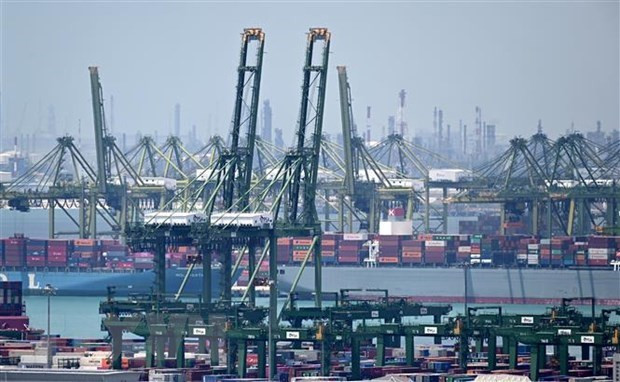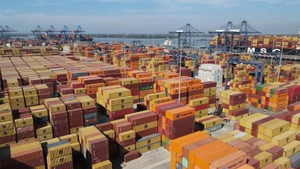According to the economist, inflation in the region was seen more as a result of a commodity price shock, and not due to the labour shortage, which is rather acute in developed economies.
He said that the measures taken to tackle inflation by the economies could not be the same as the nature of inflation is different.
In the US, the measures were more about curtailing demand that has taken place, therefore it was more through the interest rate cycle, he told the press on the sidelines of the ASEAN Finance Innovation Summit on February 8.
Regarding the monetary tightening exercise in the region, he noted that the bulk of the exercise was completed with only a few nations projecting for rate hikes, including the Philippines and Thailand.
As for Malaysia, there is no further need for it to do because the Central Bank of Malaysia had already concluded its tightening cycle, the economist said, adding that the country’s inflation is just over 3%, which is quite manageable.
On moving into targeted subsidies as what the government planned to do, he said it would certainly push up prices.
Commenting on Malaysia's pandemicmeasures, he lauded the income subsidy schemes by the government plus support to the corporate sector but over the longer term, the fiscal consolidation must continue to be strengthened, Sanjay Mathur said.
















